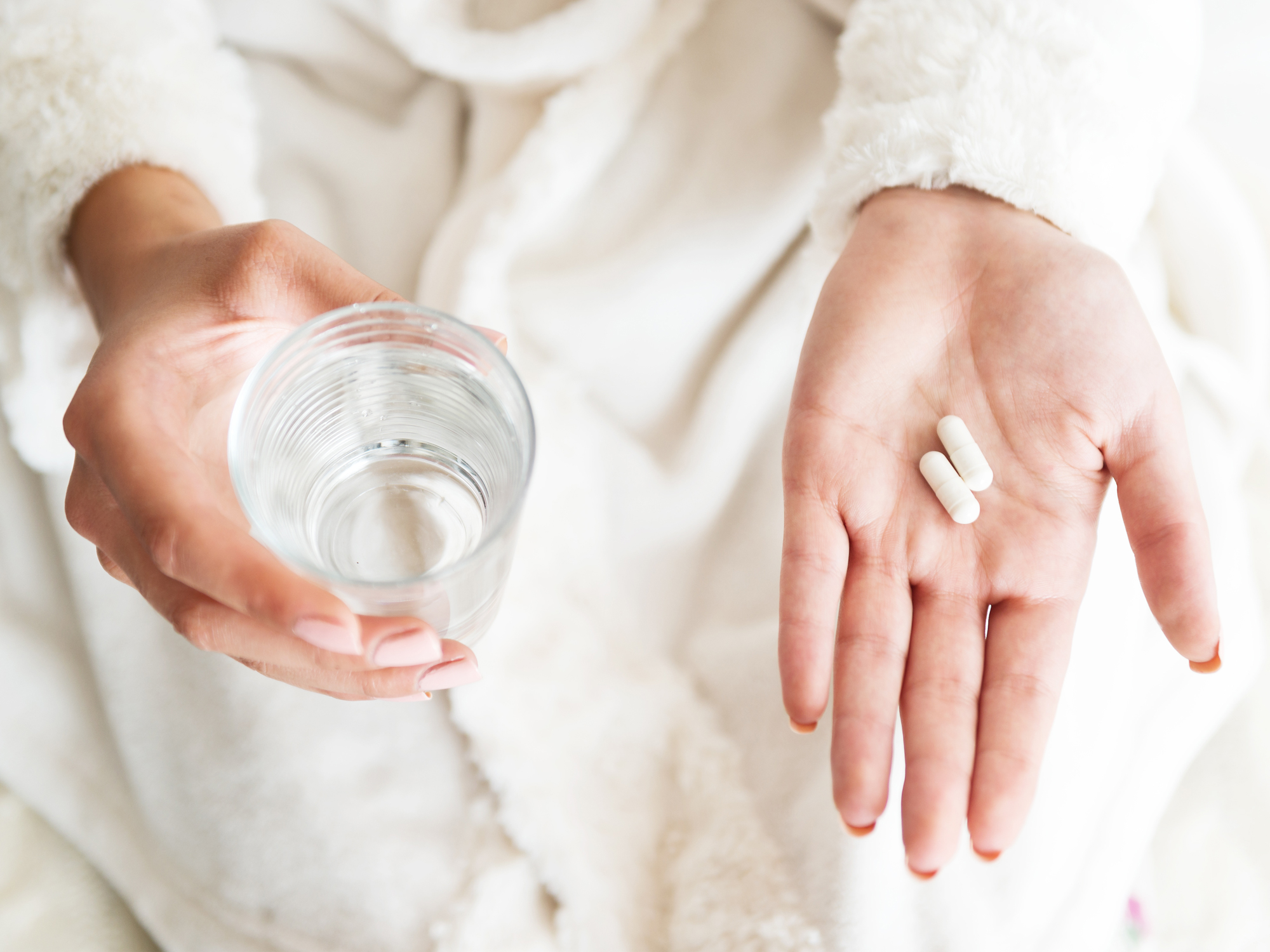Get Easy Health Digest™ in your inbox and don’t miss a thing when you subscribe today. Plus, get the free bonus report, Mother Nature’s Tips, Tricks and Remedies for Cholesterol, Blood Pressure & Blood Sugar as my way of saying welcome to the community!
The vitamin that fights skin cancer, diabetes and Alzheimer’s

If you’ve done a lot of sunbathing in your life, you’ll want to pay attention to what I’m about to tell you…
Too much exposure to the sun’s ultraviolet rays can lead to skin cancer, and even if you’re not a sun worshiper, you’ve had plenty of exposure just by walking outside during the spring and summer months. Sunscreen protects you from some UV rays, but not all.
Now, scientists in Australia, one of the sunniest places in the world, have exciting news about outsmarting skin cancer with a simple vitamin.
Preventing skin cancer
Researchers at the University of Sydney discovered that vitamin B-3, also known as niacinamide or nicotinamide, helps repair DNA that’s been destroyed by too much ultraviolet light. Specifically, niacinamide replenishes the energy needed to repair DNA damage.
Niacinamide restores the energy supply of epidermal skin cells known as keratinocytes. It also helps suppress the production of inflammatory substances like interleukin-6, which increases cancer risk.
Slowing down cancer growth
Vitamin B-3 can also help if you’ve already developed skin cancer. A 2015 clinical trial indicated that niacinamide could be a safe and potent alternative treatment for the two most common types of skin cancer, basal cell carcinoma and squamous cell carcinoma.
The study involved 386 participants who had already been diagnosed with skin cancers in the past five years. Over a year, they received either a placebo or 500 mg of niacinamide twice daily.
Those who took niacinamide saw a 20% reduction in basal cell carcinomas and a 30% reduction in squamous cell carcinomas. No adverse side effects were reported.
Outsmarting melanoma
Angiogenesis is the formation of new blood vessels to feed tumor cells. It’s the way cancer cells keep themselves alive.
But very aggressive cancers don’t bother with angiogenesis. They just make their own vessels.
In a process called vascular mimicry, cancer cells form tubular networks that resemble normal veins and nourish themselves through these vessels.
A 2013 study at Sheba Medical Center in Israel showed that vitamin B-3 can slow the process of vascular mimicry and inhibit the growth of these alternative vessels, slowing down the growth of aggressive melanomas.
Other ways vitamin B-3 is good for you
Many skin serums and treatments contain niacinamide, and with good reason. It hydrates skin, soothes rosacea and acne, reduces dark spots and boosts the production of skin-firming collagen.
In a 2015 study at Shiraz University of Medical Sciences in Iran, topical treatment with niacinamide improved wound healing in rats by reducing inflammation, supporting collagen synthesis and helping to develop new capillaries.
Besides its benefits to the skin, Vitamin B-3 has been found to:
- increase levels of HDLs and lower levels of LDLs, reducing stroke risk
- reduce inflammation and the need for painkillers in people with arthritis
- protect against age-related cognitive decline and Alzheimer’s disease
- lower blood sugar levels in mice with prediabetes and type 2 diabetes.
Precautions
When taking supplements, the following side effects may occur at higher doses:
- allergic reactions
- dizziness and headache
- elevated blood sugar
- low blood pressure
- skin reactions
As with any new health regimen, check with your doctor before beginning a B-3 supplement if you have any pre-existing health conditions.
How to get more B-3
Aside from using a topical serum on the skin or taking supplements, vitamin B-3 is readily available through your diet. The top foods that are rich in B-3 are:
- Turkey breast
- Chicken breast
- Peanuts
- Mushrooms
- Liver
- Tuna
- Green peas
- Sunflower seeds
- Avocado
Editor’s note: Discover how to live a cancer prevention lifestyle — using foods, vitamins, minerals and herbs — as well as little-known therapies allowed in other countries but denied to you by American mainstream medicine. Click here to discover Surviving Cancer! A Comprehensive Guide to Understanding the Causes, Treatments and Big Business Behind Medicine’s Most Frightening Diagnosis!
Sources:
- 5 Best Vitamins For Beautiful Skin — Prevention
- Skin Benefits Of Vitamin B3 — Gourmet Body Treats
- Vitamin B3 / Niacin Side Effects, Benefits & Foods — Dr. Axe
- Vitamin nicotinamide riboside protects mice from diabetes complications — University of Iowa Health Care












